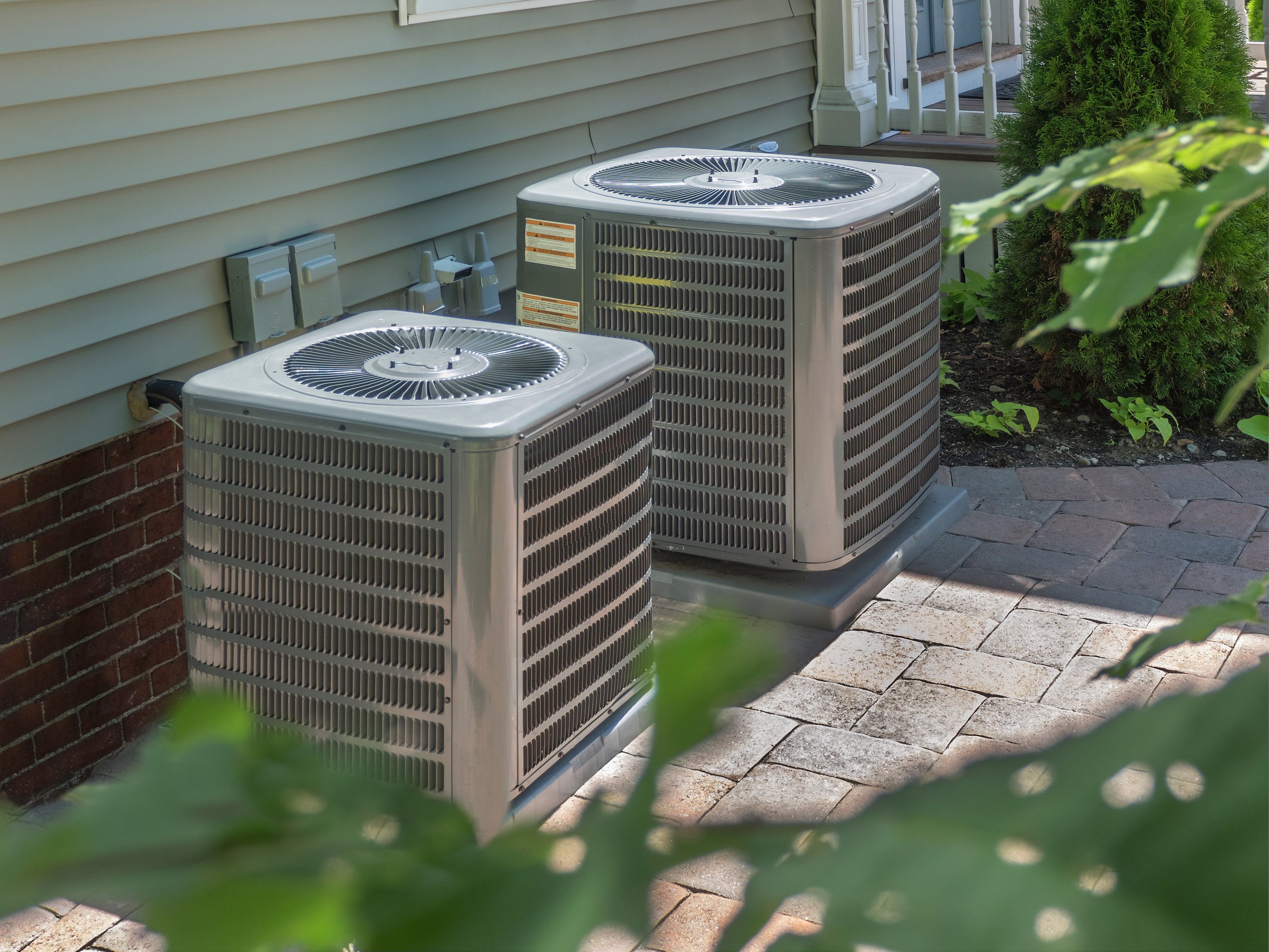Understanding HVAC Systems: How Different Types Affect Your Home Addition
When planning a home addition, one crucial aspect that often gets overlooked is the HVAC (Heating, Ventilation, and Air Conditioning) system. Your HVAC system plays a vital role in maintaining comfort, indoor air quality, and energy efficiency throughout your home. The type of HVAC system you choose for your home addition can have a significant impact on its functionality, cost, and overall success. In this blog post, we'll explore the different types of HVAC systems available and how they can affect your home addition.
Types of HVAC Systems
Split System
A split system is the most common type of HVAC system, consisting of an outdoor unit (condenser/compressor) and an indoor unit (evaporator coil and furnace or air handler). The indoor and outdoor units are connected by refrigerant lines. Split systems can be further categorized into:
Central Air Conditioner: Uses ductwork to distribute cooled air throughout the home.
Heat Pump: Provides both heating and cooling by reversing the refrigeration cycle.
Gas Furnace: Uses natural gas or propane for heating and requires a separate air conditioning unit for cooling.
Packaged System
A packaged system contains all the components (heating, cooling, and sometimes ventilation) in a single outdoor unit. Packaged systems are typically installed on the roof or ground and are ideal for homes with limited indoor space or where a split system is not feasible.
Ductless Mini-Split System
Ductless mini-split systems consist of one outdoor unit connected to multiple indoor air handlers via refrigerant lines. Each air handler serves a specific zone or room, allowing for personalized temperature control and energy efficiency. Ductless mini-splits are a great option for home additions where extending existing ductwork is impractical or costly.
Geothermal Heat Pump
Geothermal heat pumps use the stable temperature of the earth to provide heating, cooling, and hot water. While geothermal systems have a higher upfront cost, they offer significant energy savings and environmental benefits over the long term.
Considerations for Your Home Addition
System Compatibility
When planning your home addition, consider whether your existing HVAC system can adequately heat and cool the new space. If your current system is undersized or outdated, you may need to upgrade to a more powerful or energy-efficient model. Alternatively, you could install a separate HVAC system for the addition, such as a ductless mini-split or packaged system.
Ductwork
If your home addition includes new rooms that will be connected to your existing ductwork, ensure that the ductwork is in good condition and properly sized to accommodate the additional load. Poorly designed or leaky ductwork can lead to uneven temperatures, reduced energy efficiency, and increased utility bills.
Energy Efficiency
Choose an HVAC system with a high Energy Efficiency Rating (EER) or Seasonal Energy Efficiency Ratio (SEER) to minimize energy consumption and operating costs. Energy-efficient systems not only save you money but also reduce your home's carbon footprint and environmental impact.
Zoning
Consider implementing a zoning system that allows you to control the temperature in different areas or zones of your home independently. Zoning can help optimize comfort and energy efficiency by directing heating or cooling where it's needed most, especially in larger homes or multi-story additions.
Budget
Last but not least, consider your budget when selecting an HVAC system for your home addition. While it may be tempting to choose the cheapest option upfront, investing in a high-quality, energy-efficient system can save you money in the long run through lower utility bills, reduced maintenance costs, and increased resale value.
Conclusion
Choosing the right HVAC system for your home addition is a crucial decision that can impact comfort, energy efficiency, and overall project success. Whether you opt for a traditional split system, a ductless mini-split, a packaged unit, or a geothermal heat pump, it's essential to consider system compatibility, ductwork, energy efficiency, zoning, and budget when making your decision.
By carefully evaluating your needs, consulting with HVAC professionals, and investing in a system that meets your requirements and budget, you can ensure a comfortable, energy-efficient, and successful home addition that enhances your living space for years to come.

